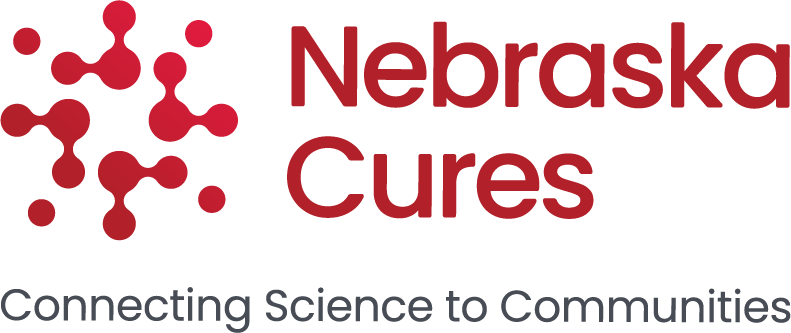Recent news about the role of fetal tissue research in COVID-19 treatments and vaccines comes as we celebrate our 20th anniversary. I thought that it might be useful to review the Nebraska history and current issues with respect to human fetal tissue use in research. It is a long history.
On Sunday, November 28th, 1999 (a Thanksgiving weekend), people in the state woke up to headlines in the Omaha World Herald “NU Uses Fetal Cells in Studies” – an investigative story by Mary McGrath. Snippets from the story said “Scientists at the University of Nebraska Medical Center are using fetal brain cells from aborted fetuses in research…financed by the federal government…tissues in the studies provided by Dr. LeRoy H. Carhart…” The story came about after multiple interviews with then Chancellor, Dr. William Berndt and others at UNMC. The Chancellor confirmed that the studies were being conducted and had been for several years with federal funding as are many others across the country. The studies had undergone the rigorous review by the federal agency overseeing the work and the Board of Regents received a summary of the work and routinely approved the projects. The donors of the tissues and been given appropriate informed consent. Nonetheless. this was the beginning of multiple OWH stories, very public clashes between the University and several right-to-life organizations as well as introduction of numerous Nebraska Legislative bills that would basically halt research at UNMC using fetal tissue.
The University, with the help of patients, outside testifiers and Nebraskans for Research (now the NCLC), successfully deflected all those legislative actions prohibiting fetal tissue research. At about the same time, embryonic stem cells (ESC) and cloning emerged in the scientific literature and were hyped excessively, diverting legislative actions to those scientific areas over the next several years. With much churning and more legislative hearings, none of the actions against ESC or cloning led to passage of laws in Nebraska or to restrictions imposed by our own Board of Regents. The Stem Cell Act of 2008 (LB606) was a compromise bill that passed unanimously and was signed by the Governor – it is still in effect. Basically, it allows any research with ESC in Nebraska to go forward if it is permitted by federal law. It also bans cloning but established a research fund to support non-embryonic stem cell research.
Over the past 20 years, the laws regarding the use of fetal tissue in research have not changed at the federal level or in Nebraska but some practices at UNMC have: Dr. Carhart is no longer an adjunct, non-paid faculty; any fetal tissues used at UNMC now come from an approved and federally funded tissue repository; a stringent local Institutional Review Board process has been established for research involving fetal tissue and; regular reporting of research involving fetal tissue or ESC must be made to the Board of Regents. With all of that in mind, the story continues.
Finally, just last June, the federal Department of Health and Human Services (HHS) announced several changes to its policy on the use of fetal tissue in projects done by researchers within HHS (intramural) and by outside (extramural) researchers receiving NIH funding. Intramural research using fetal tissue was banned, while new applications for extramural research using human fetal tissue has become subject to review by the Human Fetal Tissue Research Ethics Advisory Board. In February of this year, the HHS announced the first meeting of the that Board to be held on July 31st. That was also the first time the public knew the membership of the group.
In an interesting twist of circumstances, although fetal tissue has been used in federally supported research for decades among the primary applications for such cells, researchers use fetal tissue cell lines which also have been in existence for many years. The development of vaccines to many diseases (polio, measles, COVID, etc.), monoclonal antibodies (e.g., Regeneron’s product), and many pharmaceuticals (e.g., Remdesvir), have employed fetal tissue lines in their development and/or testing. It is ironic that the treatment of our President for his bout with coronavirus may have taken a much different and possibly tragic path were it not for fetal tissue research.
